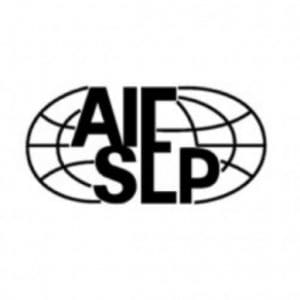Contemporary society is marked by high complexity, uncertainty and rapid changes and young people represent a highly vulnerable population. Sport is commonly intended as a privileged educative setting, a sort of universal language that can unite people and can be beneficial for social cohesion and inclusion. However, is this always true? Unfortunately, evidence for the other side of the coin does also exist. Negative behaviours like violence, bullying and social exclusion are frequently linked to sport (and mainly, but not exclusively, to elite sport). Learner’s engagement with sport and physical education alone (i.e. “just putting the ball on the grass”) seems not a sufficient condition for moral development. Instead, students’ needs, interests and development must be “mediated and nurtured by good teaching and the actions of individuals well trained and imbued with sophisticated pedagogical skills” (Penney & Evans, quoted in Armour & Jones, 1998, p.113). There is “nothing magical about school sport (that) will teach adolescents life skills” (Holt et al., 2008, p.298); rather, effective programs must pay attention to curriculum design, pedagogical strategies, and assessment processes (Macdonald, 2016). To bridge the gap between the use of sport to promote values, life skills and inclusive citizenship and its real effectiveness, there is still a need for research.
Recently, there has been a renewed attention on values-based education (VbE) and in March 2014, AIESEP members from six countries (coordinator: University of Padua; partner universities: University of Augsburg, Basel, Queensland, Hong Kong, Limerick, Cork, Londrina, and Lincoln University) were undertook a project entitled “One resource kit for teachers”. The project was promoted and funded by the World Anti‐Doping Agency (WADA), the United Nations Educational, Scientific and Cultural Organization (UNESCO), the International Olympic Committee (IOC), the International Paralympic Committee (IPC), the International Council for Sport Science and Physical Education (ICSSPE) and the International Fair Play Committee (IFPC). The purpose was to develop a didactic resource designed to help teachers deliver their existing curriculum requirements for VbE. A Toolkit comprising sport and physical education teaching practices, aiming to promote the overall value of Fairness and organized into the three areas of Equity, Inclusion and Respect, was prepared and pilot tested among students of primary and lower secondary school.
The final version of the Toolkit (translated into diverse languages) will be soon available for free download on the AIESEP website and on the websites of all the involved Organizations. Papers with the results of the pilot studies are currently under preparation and we expect to be ready for the submission at the end of this Spring.
The Research Team welcomes collaboration for the evaluation of materials effectiveness with teachers and students from different countries.


